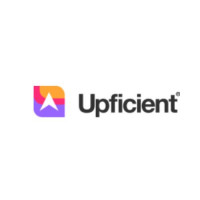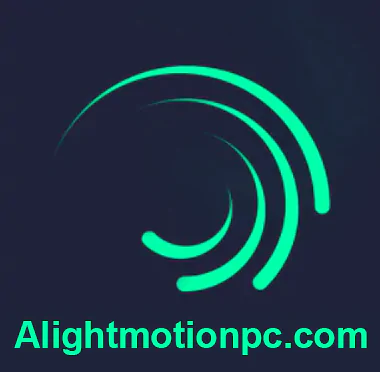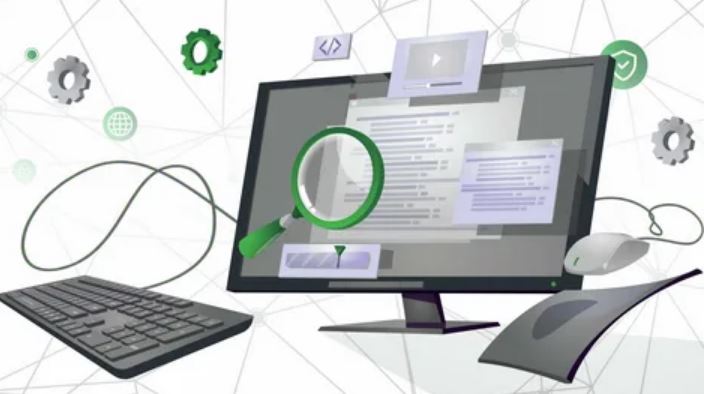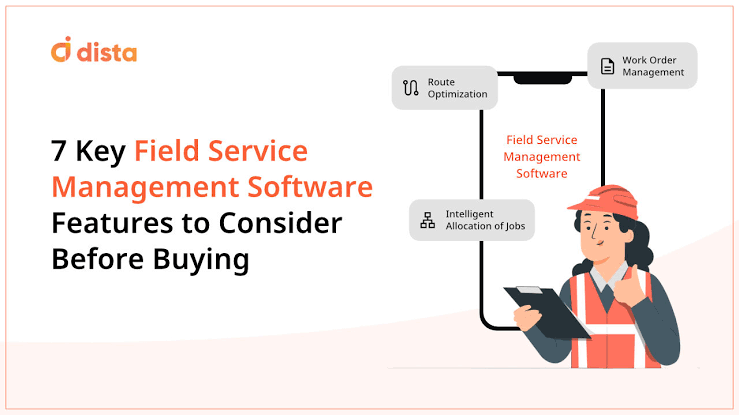ClickUp Integrations Every Software Development Team Should Be Using

Strong 8k brings an ultra-HD IPTV experience to your living room and your pocket.
In today’s fast-paced digital landscape, software development teams rely on an interconnected web of tools to build, test, deploy, and maintain high-quality applications. To keep up with tight deadlines and fast development cycles, teams must ensure their tools communicate effectively. ClickUp integrations offer a centralized way to sync popular platforms directly into your workflow, making project management and collaboration more seamless than ever. These integrations reduce context switching, eliminate redundancies, and improve productivity by uniting your development environment under one roof. Whether you're handling agile sprints, managing code repositories, or monitoring performance metrics, the right integrations within ClickUp can make a tangible difference.
Why ClickUp Integrations Are Essential for Developers
Software development is a multi-step process involving different stakeholders, tools, and workflows. Without integration, this complex environment can become chaotic—leading to missed deadlines, lost updates, and duplicated efforts. Integrations help development teams centralize information, maintain version control, track time, and streamline communication. By connecting external tools like GitHub, Slack, or Jira to ClickUp, teams ensure that updates, commits, and project statuses remain transparent and accessible in real time. This not only improves visibility but also ensures that each part of the team is aligned toward shared goals.
Code Management Tools
Version control is the backbone of modern software development. ClickUp integrates with major platforms like GitHub, GitLab, and Bitbucket, enabling developers to track code changes and sync commits with project tasks. By linking GitHub or GitLab repositories to ClickUp, development teams can automatically attach pull requests, commits, and branches to individual tasks. This linkage provides project managers with instant insight into coding activity and progress, reducing the need for constant updates or meetings. Similarly, Bitbucket users can benefit from detailed traceability, ensuring their Atlassian tools are aligned with ClickUp’s task management capabilities.
Communication Tools for Developers
Communication is critical in any software project. For teams using Slack, ClickUp offers an integration that allows you to create, manage, and update tasks directly from Slack messages. Important discussions can be turned into action items without leaving the chat window, and team members receive task notifications in real time. This keeps the conversation organized and ensures that key action points aren’t lost in the noise. Similarly, ClickUp’s Microsoft Teams integration serves the same purpose—bringing task management into your communication ecosystem and ensuring updates are accessible and collaborative discussions are productive.
Automation and Workflow Enhancements
Automation is key to scaling software development workflows, and tools like Zapier and Make (formerly Integromat) make it easy to link ClickUp with thousands of other applications. With Zapier, developers can set up "zaps" that trigger actions such as creating a task when a new GitHub issue is opened, or sending an alert when a CI/CD build fails. Make offers even more advanced logic and multi-step workflows, allowing you to automate complex processes like syncing bug reports from a form into ClickUp while updating corresponding spreadsheets or databases. These automation tools reduce repetitive manual tasks and free up developers to focus on coding.
Time Tracking and Productivity Tools
Understanding where time is spent during development cycles is critical for productivity and planning. ClickUp integrates with popular time-tracking tools like Harvest and Toggl Track. With the Harvest integration, developers can track time directly from ClickUp tasks and generate detailed reports by project or team member. This data is essential for sprint planning, resource allocation, and client billing. Toggl Track offers similar benefits, allowing teams to analyze how time is distributed across different phases of the development lifecycle. These integrations help software teams gain better control over their time and optimize future planning based on actual productivity metrics.
Customer Support and Issue Management
Software development often intersects with customer support, particularly when bug reports or feature requests come through client-facing platforms. ClickUp integrates with tools like Zendesk and Intercom to bridge this gap. With the Zendesk integration, support tickets can be easily linked to ClickUp tasks, ensuring that developers have access to full ticket histories and customer context. This enables faster resolution of issues and ensures that high-priority problems are addressed promptly. The Intercom integration similarly allows customer conversations to be escalated into actionable tasks in ClickUp, keeping customer satisfaction high and internal teams aligned.
Data Visualization and Reporting
For software development teams that rely on data to drive decision-making, ClickUp’s integration with Google Sheets provides powerful reporting capabilities. Task and project data can be exported into Sheets for analysis, allowing teams to create dashboards that track sprint progress, bug resolution times, or workload distribution. Additionally, advanced reporting platforms like Power BI and Tableau can be connected to ClickUp via API or third-party connectors. These integrations are especially useful for engineering managers who need to provide performance insights to stakeholders or refine internal processes using real-time analytics.
How ClickUp Consultants Can Maximize Integration Efficiency
While ClickUp offers a user-friendly experience, setting up and optimizing integrations across multiple tools and workflows can be complex, especially for large development teams. This is where ClickUp consultants come into play. These experts specialize in customizing ClickUp to meet your specific development needs. From setting up workflows that align with agile methodologies to integrating third-party APIs for advanced automation, consultants can significantly reduce setup time and ensure your team is using the platform to its full potential. They can also provide training, best practices, and ongoing support, making them a valuable resource for organizations scaling their development operations.
Summary
In the ever-evolving world of software development, efficiency and integration are more important than ever. ClickUp integrations provide the tools that development teams need to stay connected, organized, and productive—without leaving the ClickUp platform. Whether it’s syncing code repositories like GitHub, managing real-time communication through Slack, automating repetitive tasks via Zapier, or enhancing reporting with Google Sheets, these integrations transform ClickUp into a centralized development hub. And with the help of experienced ClickUp consultants, teams can unlock even greater efficiencies and customization. By adopting the right integrations, your software development team can improve visibility, accelerate delivery, and stay ahead in a competitive industry.
Note: IndiBlogHub features both user-submitted and editorial content. We do not verify third-party contributions. Read our Disclaimer and Privacy Policyfor details.







